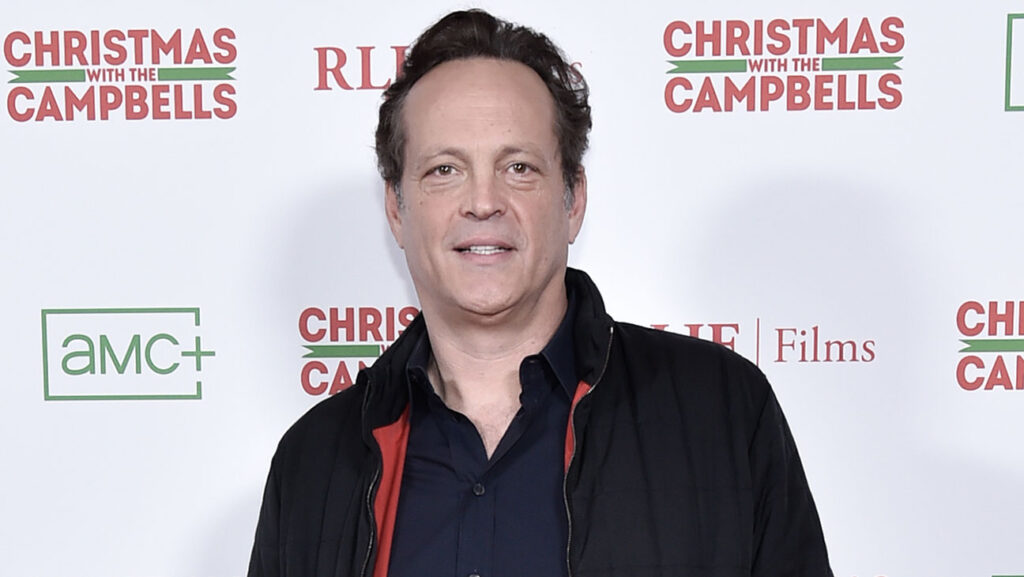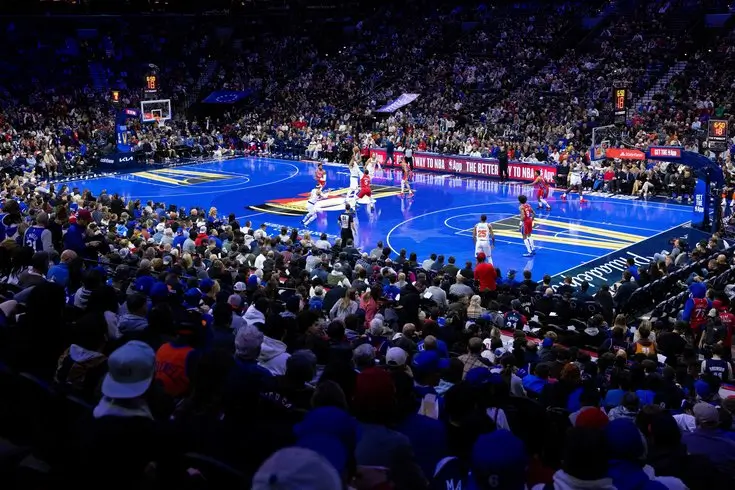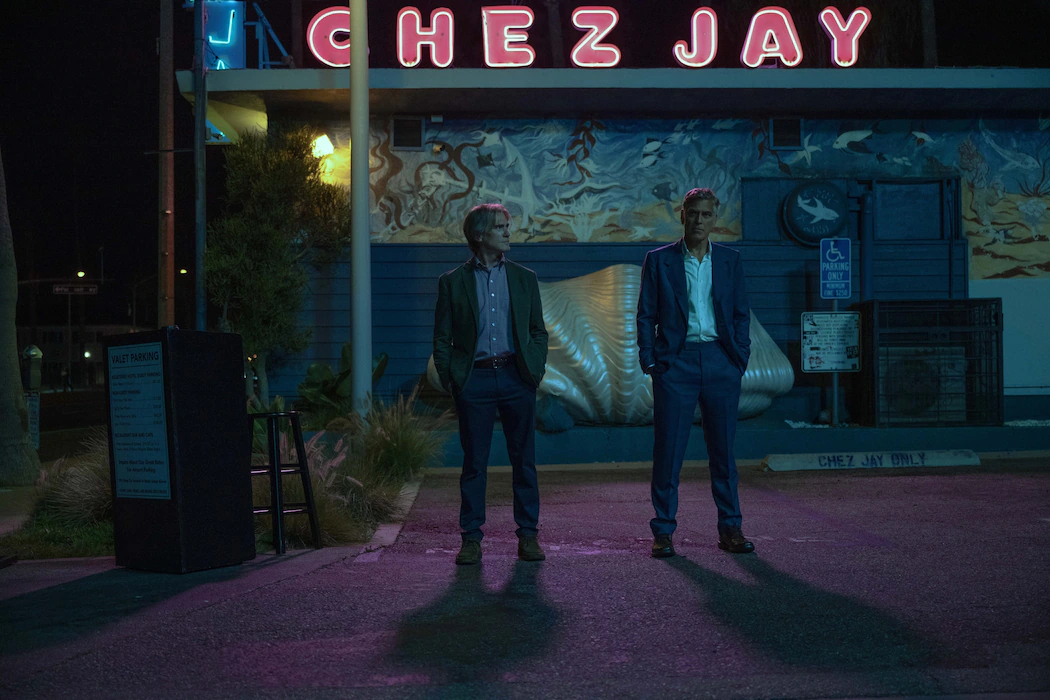In a recent interview, Vince Vaughn, an actor renowned for his roles in iconic comedies like “Wedding Crashers” and “Dodgeball”, expressed his concerns about the current state of R-rated comedies in Hollywood. Vaughn argued that studios are overthinking the genre, resulting in a lack of films that truly push the envelope. This article explores Vaughn’s comments, examines the evolution of R-rated comedies, and considers the cultural and industry factors influencing the genre today.
Vince Vaughn’s Perspective
Vince Vaughn has built a career on bold, often irreverent comedic performances. His films have frequently pushed boundaries, embracing edgy humor that resonates with audiences seeking an escape from the mundane. Vaughn’s perspective on the genre comes from years of experience and success in the industry. According to Vaughn, the hesitancy of studios to take risks has stifled creativity, leading to a decline in the quality and impact of R-rated comedies.
The Golden Age of R-Rated Comedies
R-rated comedies have enjoyed several golden periods, with each era producing films that challenged societal norms and redefined humor. The late 1970s and 1980s saw the rise of films like “Animal House” and “Caddy Shack”, which set new standards for outrageous comedy. The early 2000s marked another resurgence with movies like “Old School”, “Superbad”, and “The Hangover”. These films combined sharp wit with unfiltered humor, often pushing the boundaries of what was considered acceptable in mainstream cinema.
Decline in Edginess
In recent years, however, the genre appears to have lost its edge. Many contemporary comedies opt for safer, more family-friendly humor, avoiding the riskier, more controversial material that defined earlier hits. Vaughn attributes this trend to studios’ increasing cautiousness and the influence of market research, which tends to favor broader, more inclusive audiences. This shift has resulted in fewer films that are willing to take the risks necessary to produce truly memorable, boundary-pushing comedy.
The Impression of Political Correctness
One significant factor contributing to the decline of envelope-pushing comedies is the heightened sensitivity around issues of political correctness. In an era where social media can amplify backlash and cancel culture can end careers, filmmakers and studios are more cautious about the content they produce. Jokes that might have been deemed acceptable a decade ago are now scrutinized for their potential to offend, leading to a more sanitized approach to comedy.
The Role of Streaming Services
While traditional studios may be shying away from risky comedies, streaming platforms have emerged as a new frontier for bold content. Services like Netflix, Amazon Prime, and Hulu have invested in original films and series that cater to niche audiences and explore edgier themes. However, even these platforms face challenges in balancing creative freedom with the potential for public backlash. The question remains whether streaming services can fully revive the spirit of the R-rated comedy.
Successful Recent R-Rated Comedies
Despite the overall trend towards safer content, some recent R-rated comedies have managed to break through and achieve success. Films like “Deadpool” and “The Big Sick” have demonstrated that there is still an appetite for adult-oriented humor that pushes boundaries. These movies have achieved critical and commercial success by combining smart writing with daring humor, proving that the genre is far from dead.
Industry Perspectives
To gain a deeper understanding of the issue, it’s essential to consider the perspectives of other industry professionals. Directors, writers, and producers who specialize in comedy often share Vaughn’s frustration with the current climate. Many argue that comedy is inherently risky and that the best humor often comes from pushing limits and challenging conventions. However, the commercial pressures and potential for controversy make it difficult to produce the kind of fearless comedy that defined past eras.
Cultural Shifts and Audience Preferences
Cultural shifts also play a significant role in shaping the comedy landscape. Audiences today are more diverse and socially aware, and their preferences reflect a desire for more inclusive and thoughtful humor. While this shift is positive in many ways, it also means that comedy must evolve to meet new expectations. The challenge for filmmakers is to find a balance between pushing boundaries and respecting the diverse perspectives of modern audiences.
The Future of R-Rated Comedies
Looking ahead, the future of R-rated comedies is uncertain but not without hope. As the industry continues to evolve, there are opportunities for filmmakers to innovate and find new ways to engage audiences. The key may lie in finding fresh voices and perspectives that can bring a new energy to the genre. Additionally, as societal norms continue to shift, there may be new opportunities to explore humor that resonates with contemporary audiences without losing its edge.
Vince Vaughn’s comments about the state of R-rated comedies highlight a significant challenge facing the genre today. While the landscape has changed, the appetite for bold, envelope-pushing humor remains. By understanding the factors that have led to the current state and exploring new avenues for creativity, the industry can find ways to revive and reinvent R-rated comedies for a new generation. Vaughn’s call to action serves as a reminder of the power of comedy to challenge, entertain, and inspire, encouraging filmmakers to take the risks necessary to create truly memorable films.
No comments yet.








